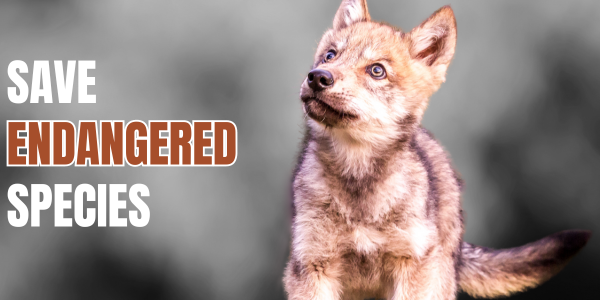Retire grazing permits – keep livestock off public lands
Grazing Permit Retirement
The vast majority of public lands in the American West are permitted for commercial cattle grazing (over 90% of public lands). Cattle grazing is environmentally destructive, and the impacts are exacerbated by climate change. From water pollution to denuded streambanks, invasive plants to native species’ extinction and hostility toward native carnivores by the livestock industry, cattle grazing has dramatically altered the ecology of the American West.
Across the West, permit retirement has been used to resolve conflicts between livestock grazing and wolves, grizzly bears, bighorn sheep, other endangered species, water shortages, and environmental degradation. It is a proven strategy to equitably resolve conflicts between historic uses and modern ecological realities. Permit retirement is economically rational, fiscally prudent, socially just, politically pragmatic and ecologically necessary.
In the Greater Gila Bioregion, Guardians is using this proven conservation strategy to resolve conflicts with Mexican wolves and address water shortages and habitat degradation. Permit retirement makes perfect sense in the Gila. But without legislation authorizing permanent permit retirement, each retirement takes considerable time and lasts only 10 years before the Forest Service can re-issue the permit to someone new, once again threatening the tens of thousands of acres that have been healing and providing safety for Mexican wolves and the numerous other species that call the Gila home.
A legislatively authorized permit retirement delivers the much-needed guarantee to permanently close allotments to livestock grazing. It is the best way to bring environmental protection to the Greater Gila and provides the most attractive investment opportunity. We have a two million dollar pledge tied to securing the passage of legislation. That sum alone would allow us to execute an additional five to seven retirements. Conversely, we have several investors who have demonstrated trepidation in investing in retirements absent legislation. Guardians is working hard at the local, regional, and national (congressional) level to get grazing retirement legislation passed in 2019.
What We’ve Done – More Than 28,000 Acres Protected!

